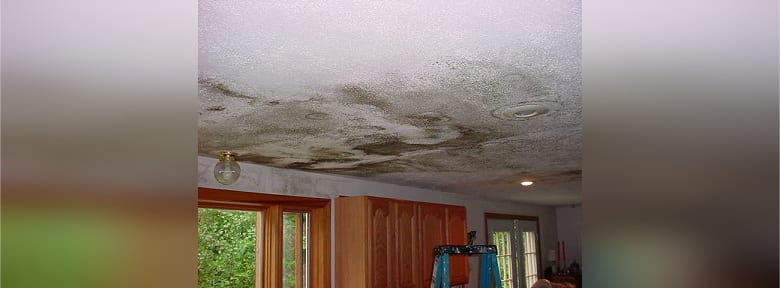Public liability insurance is one of the most important policies that a tradesman should have. It is intended to protect you from the cost of damaging other people’s property or causing them injury (in some cases). Like any insurance policy, there are exclusions to make clear the things that are not intended to be covered by the policy.
In part three, the final in our exclusions series, we explain in plain language the last of the most important exclusions for builders & tradespeople to be aware of.
Defective/Faulty Workmanship. Some polices won’t cover the cost of fixing any workmanship that causes damage. Others exclude cover for faulty workmanship only if it results in water penetration of the building envelope (see the explanation of the “Building Defects” exclusion in last month’s article). “Downstream” damage that occurs as a result of faulty workmanship may still be covered however. Specialist insurers, such as Builtin, allow you to purchase an extension to cover your liability from faulty workmanship.
The issue of faulty workmanship is one of the trickiest areas of liability for builders and specialist tradespeople. We recommend that you understand how your policy covers you for faulty workmanship and switch to a policy with a more “builder friendly” wording and options.
Liability You’ve Contracted Into. The policy is not intended to pay for things that you promised to do in a contract but then failed to do, that’s your problem. So unless you would be held liable for it under the law anyway, any liability you contract into is excluded from cover.
Loss of Use. The policy won’t cover you if a client can’t get into their house (or use any other property) because of a delay or product failure that you’re responsible for. They may hold you liable for extra rental, hotel and travel costs for example, but these can’t be claimed on your policy.
Defamation. You are not covered if someone takes you to court because you said or published things about them that were untrue and damaged their reputation. Can be included in cover as an option.
Property In Your Care. Any claim related to any property that is in your physical care or that you have hired is excluded.
That’s the last in our exclusion series. In our next article we’ll cover other important aspects of your liability policy, including what insurers generally define as “damage”, what is an “event” and what “consequential loss” or “resultant damage” means.
This article is intended to clarify some of the exclusions contained within most general/public liability policies available from major insurers in New Zealand. Some exclusions can be removed by purchasing an extension to your policy, so it’s important that you check what your own policy does and doesn’t cover. The specific wording from different insurers will vary and you should seek the advice of a professional if necessary. This article is not comprehensive and should not be relied upon as legal advice. Insurers will interpret and apply their own policy wording depending on the specific circumstances of each individual claim.

